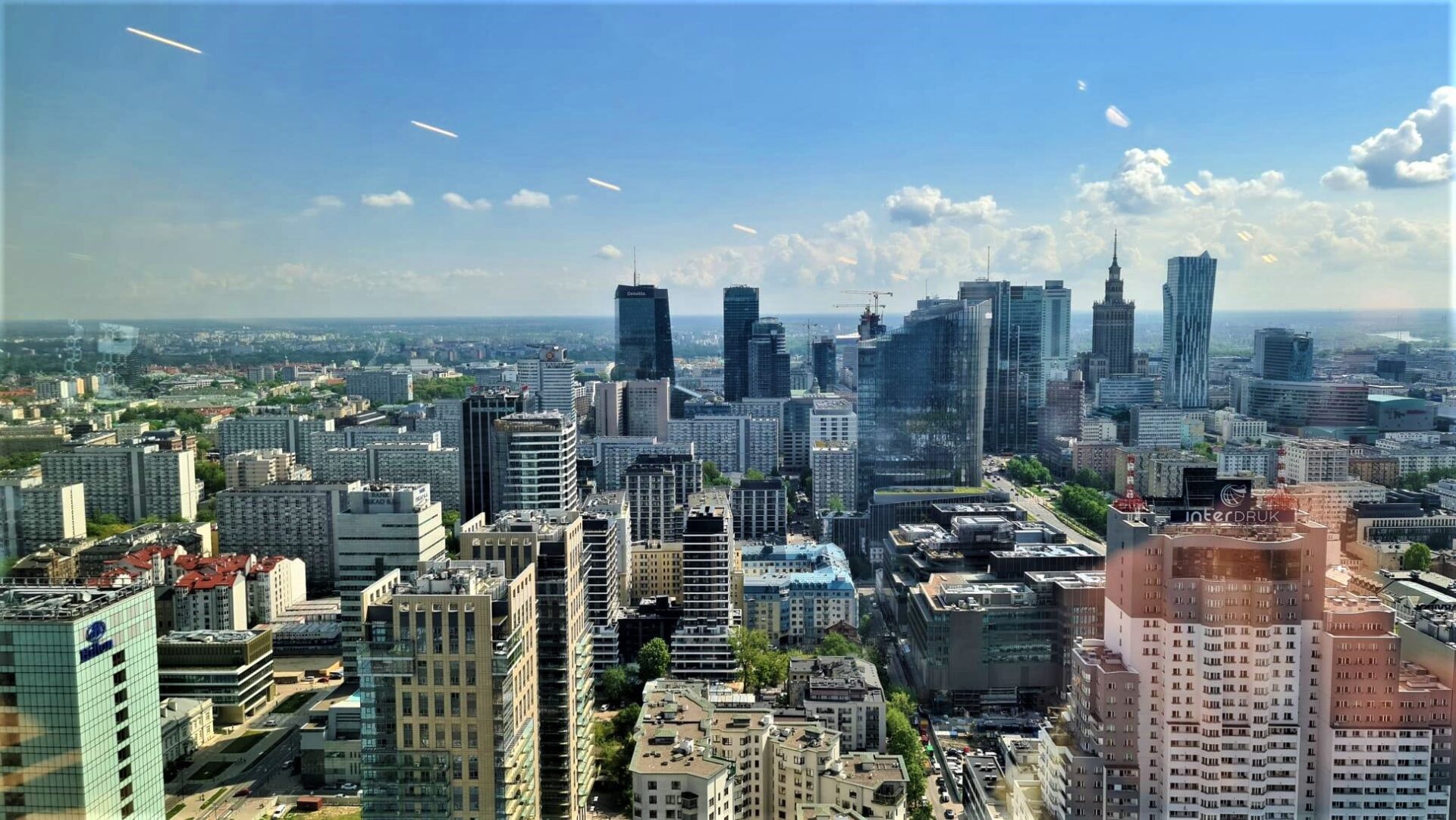Residential Cities Index, published quarterly by the international consulting firm Knight Frank, shows that at the end of the third quarter of 2023, the average price increase in 107 cities over 12 months was 2.3%. A quarter earlier, it was 1.6%. The dynamics of price growth are similar to the luxury real estate market, which according to Knight Frank data is also bouncing back from the bottom (at the end of September 2023, the average global increase was 2.1%). This is a response to interest rate cuts and greater market predictability. Warsaw ranked 7th out of 107 cities.
Main Conclusions:
- World housing markets continue to show price growth dynamics despite the record increase in interest rates recorded at the end of 2021.
- The main causes of price increases are low supply, wage growth, expanding household savings.
- Turkish cities once again took the first two places, recording the highest annual increase in the ranking. In Ankara, prices rose by 102.7%, and in Istanbul by 77.6%.
- Dubai took third place, and European cities – Zagreb and Athens, the last in the top five.
- Warsaw ranked 7th out of 107 cities tracked by the index, surpassing the world’s largest metropolises such as New York, Singapore, London and Paris. Prices rose here by 10.2%.
- The biggest price drop over 12 months occurred in Stockholm. It was 12%.
- Out of the 107 cities tracked, 72 recorded a price increase, 7 of them a double-digit increase.
“The main reason for the increase in residential property prices in Warsaw is the surplus of demand over supply. The number of apartments commissioned in the first three quarters of 2023 in Warsaw did rise compared to the same period in the previous year by 11%, but it remained significantly below the 5-year average for that period. At the same time, demand was strongly stimulated by several factors, including the introduction of the government program Safe Credit 2%, which coupled with the continued high activity of cash investors and greater availability of mortgage loans led to an increase in the number of transactions. High inflation means that buying an apartment is still an attractive form of capital protection, which is especially significant in the Polish legal environment, where due to the absence of REITs, the activity of domestic individual capital is limited to the housing market. And this remains attractive due to strong demand and high rents on the rental market. At the same time, after the crash in the credit market in 2022 (the result of interest rate hikes), the number of apartments bought on credit has been increasing since the beginning of 2023. After the October cut in the reference rate, the cost of credit is significantly lower than a year ago, and their availability has also increased” – comments Dorota Lachowska, Head of Research at Knight Frank.
